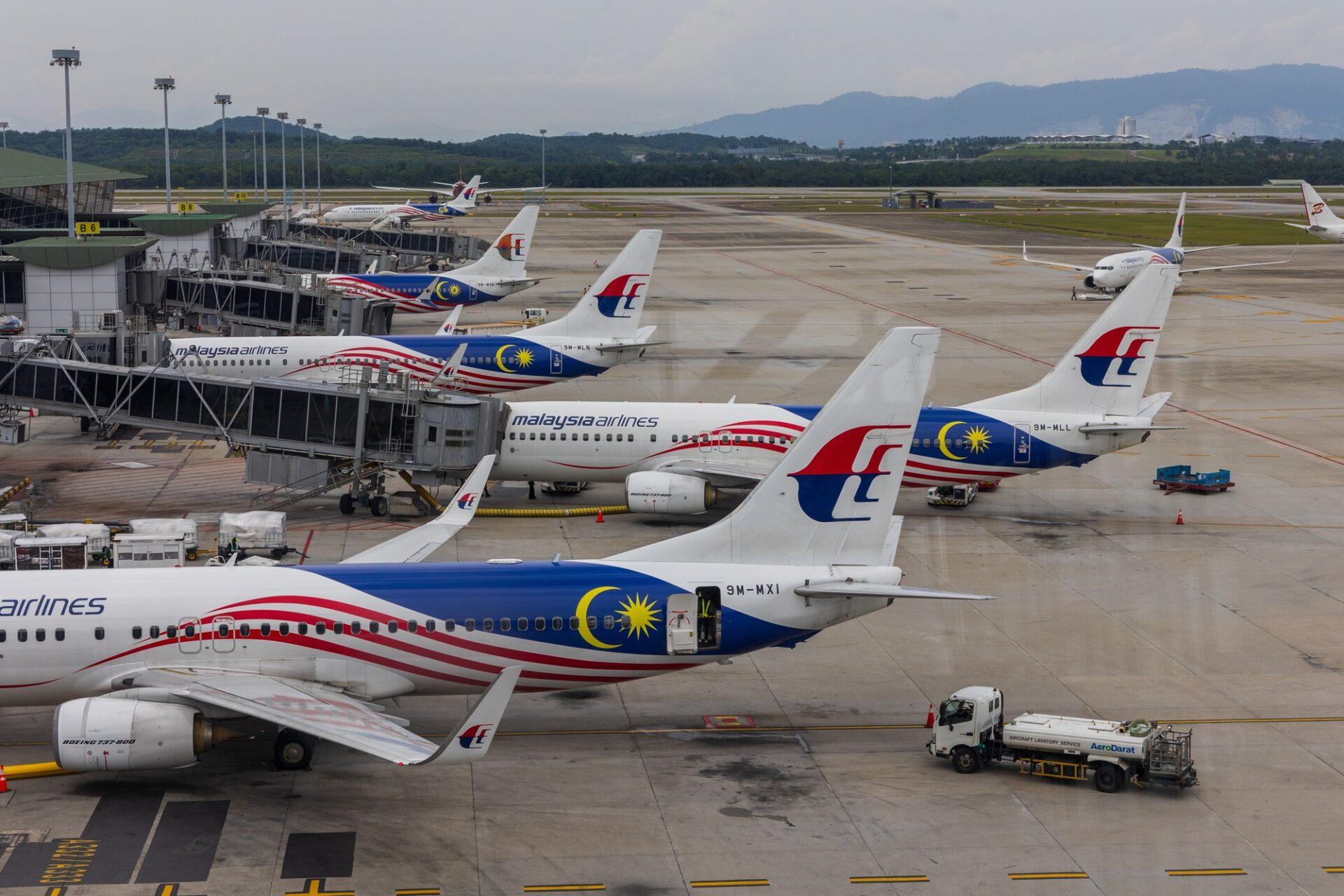
Smarter email, faster business. Auto-tag, parse, and respond to RFQs, quotes, orders, and more — instantly.
Trending Now:
Airbus Receives 11 Commercial Aircraft Orders in April
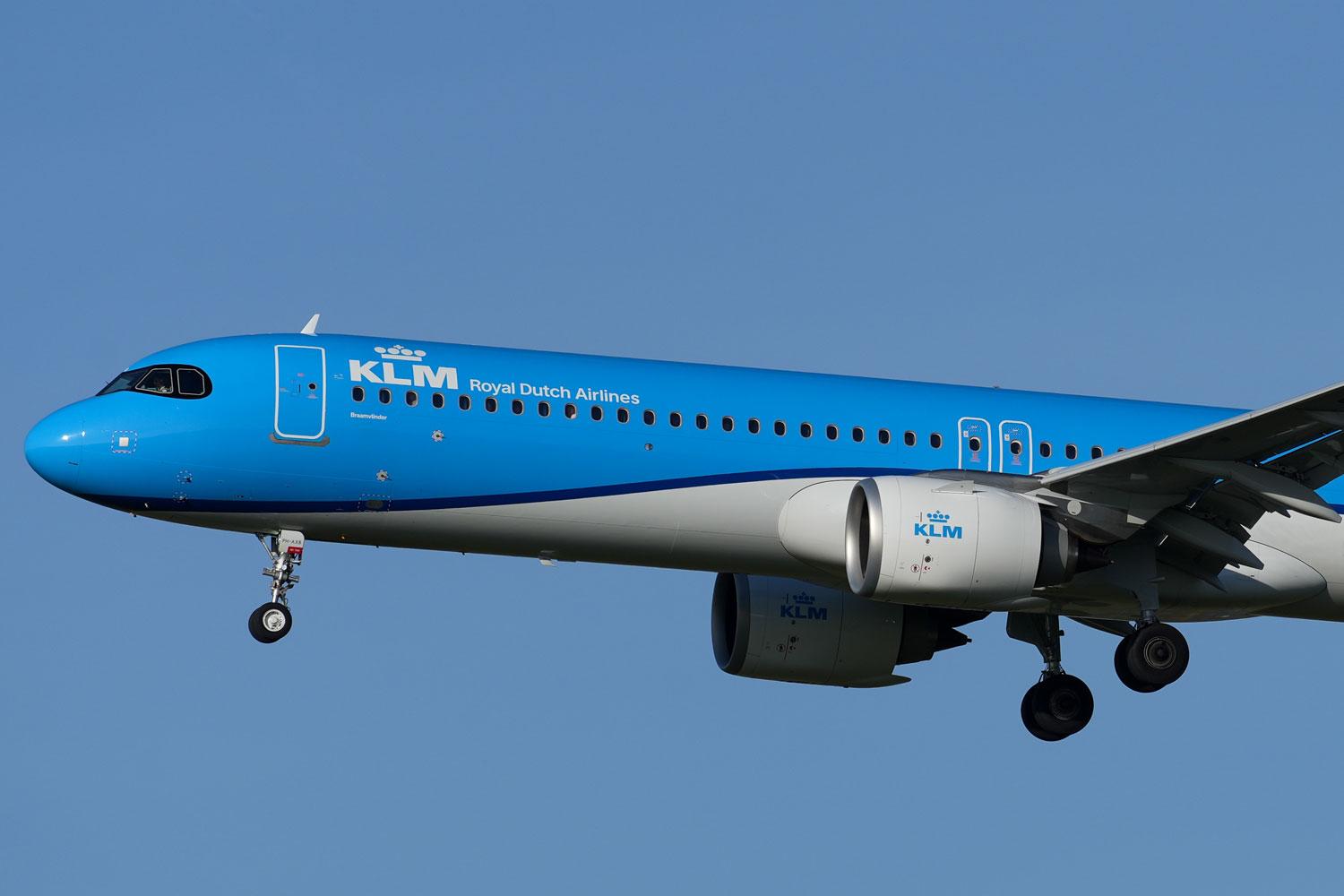
Airbus Secures 11 Commercial Aircraft Orders in April Amid Supply Chain Challenges
In April 2025, Airbus recorded 11 new commercial aircraft orders, underscoring sustained demand for its products despite persistent supply chain difficulties. The orders comprised ten A350-1000s for China Airlines and one A321neo attributed to KLM, according to Airbus’s records. The month also featured notable adjustments within the order book, with Shenzhen Airlines and IndiGo converting 14 A320neo orders to the larger A321neo model. Additionally, previously undisclosed customers from March were identified, providing greater transparency to Airbus’s order pipeline.
Earlier commitments include United Airlines’ order for 40 A321neos, while China Airlines’ agreement for 10 A350-1000s—initially listed under an unnamed customer—was confirmed. Flynas placed an order for six A320neos, balanced by an equal number of cancellations from lessor CMB Financial Leasing. BOC Aviation transferred one A320neo to Chile’s JetSmart, and China’s West Air increased its A319neo orders by one. Meanwhile, Airbus reduced its total orders from undisclosed customers from 15 to 14 aircraft, reflecting ongoing refinements in its order book.
Despite these new orders, Airbus continues to grapple with industry-wide supply chain constraints that have affected its delivery pace. In April, Boeing surpassed Airbus in aircraft deliveries, highlighting the competitive pressures within the sector. Airbus’s first-quarter deliveries fell short of its annual target, yet the company remains committed to achieving its full-year delivery goals.
Year-to-Date Performance and Market Position
Through the end of April, Airbus has secured a total of 291 gross orders for 2025. After accounting for 76 cancellations, net orders stand at 215 aircraft. The company’s backlog remains robust at 8,681 commercial aircraft, underscoring Airbus’s strong position in the global commercial aviation market amid ongoing economic uncertainties and the sector’s recovery from the pandemic.
The A320neo family continues to be a key driver of Airbus’s commercial success, favored by airlines for its fuel efficiency and lower operating costs. With demand for these aircraft remaining high, Airbus is focused on increasing production rates to meet orders while advancing its commitments to sustainability and innovation in aviation technology.
Despite the challenges posed by supply chain disruptions and intensified competition from Boeing, Airbus’s steady order intake and substantial backlog reflect enduring confidence from airlines and lessors worldwide. The company’s capacity to adapt and maintain delivery targets will be closely monitored as the year progresses.
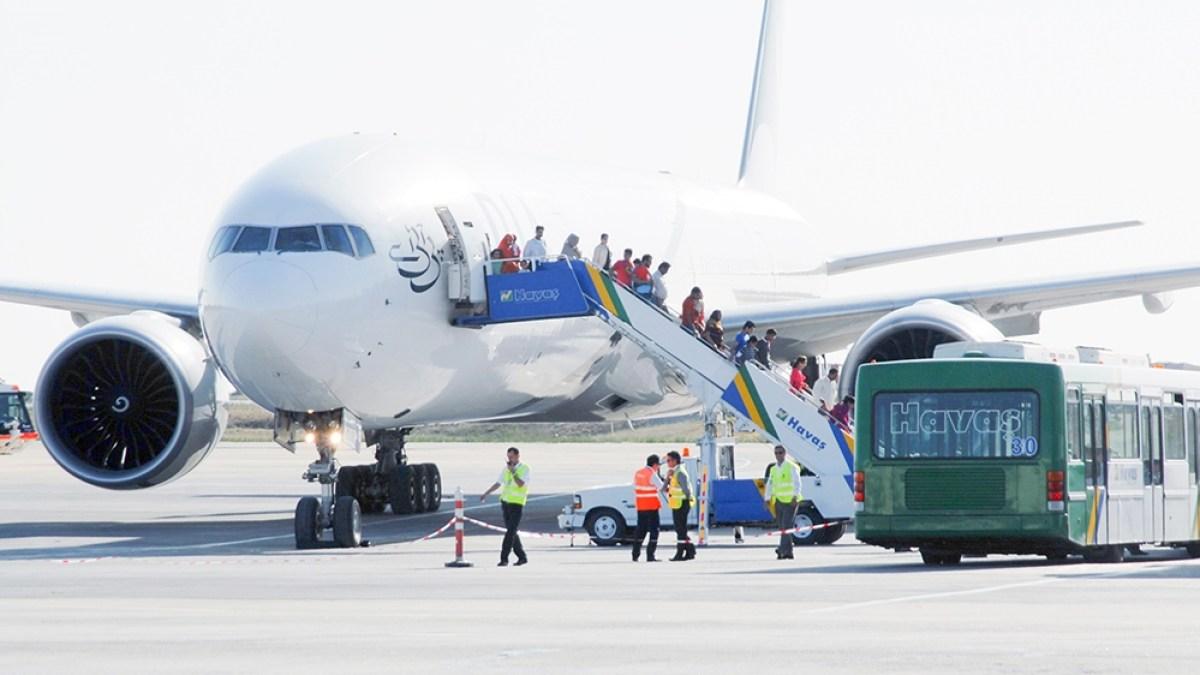
Pakistan's Air Karachi Obtains Passenger Transport License

Akasa Air Denies Reports of Management Turnover

U.S. Announces Tariff Framework for Imported Aircraft and Parts
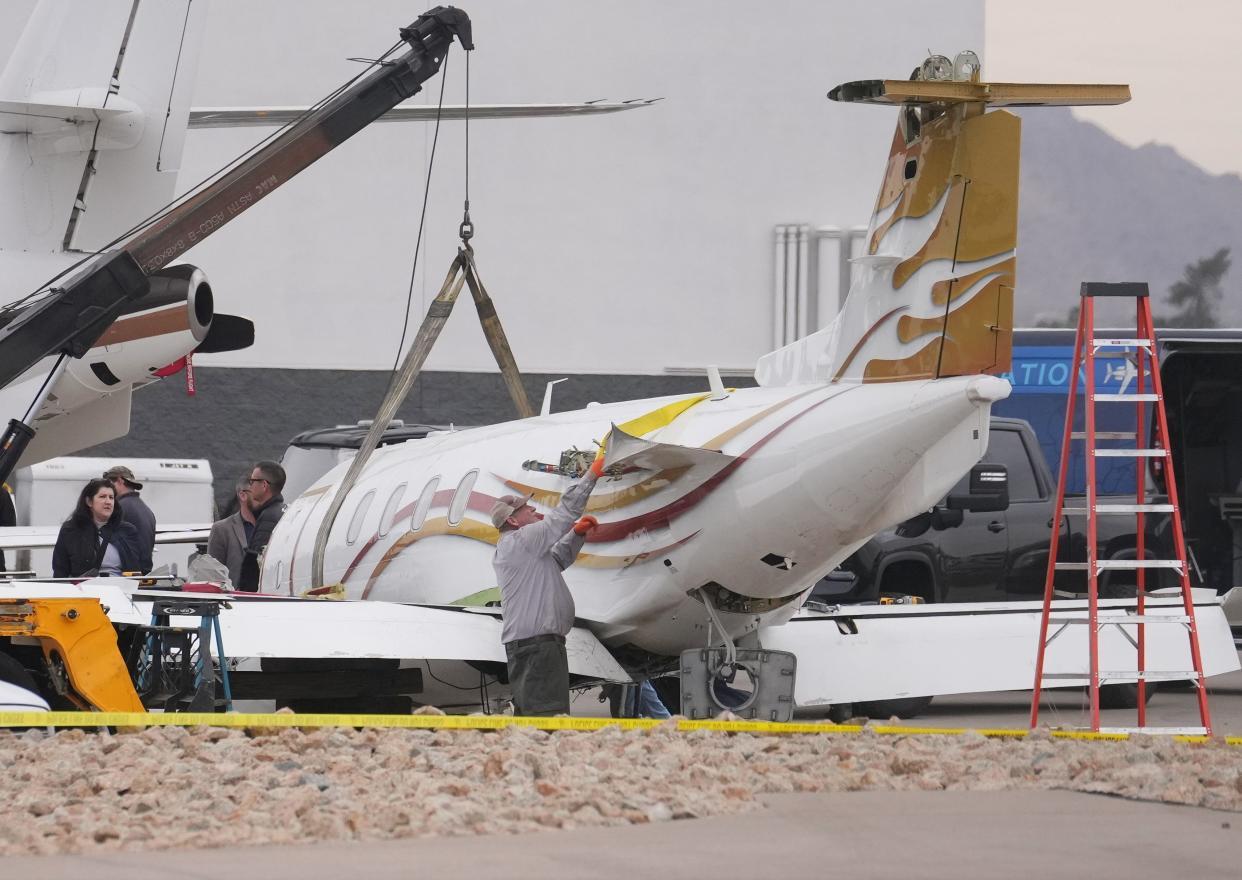
Australia's Pacific Flight Services Retires Its Last Learjet 45
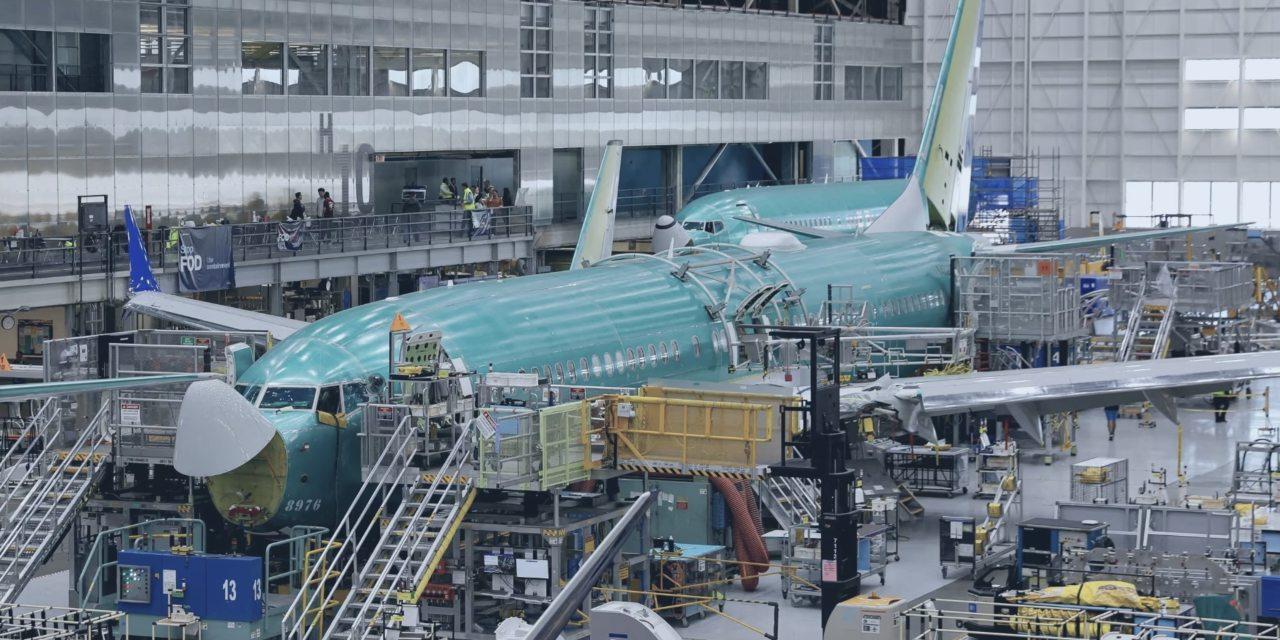
Trump wants to bring manufacturing jobs back. The aviation industry can't hire fast enough
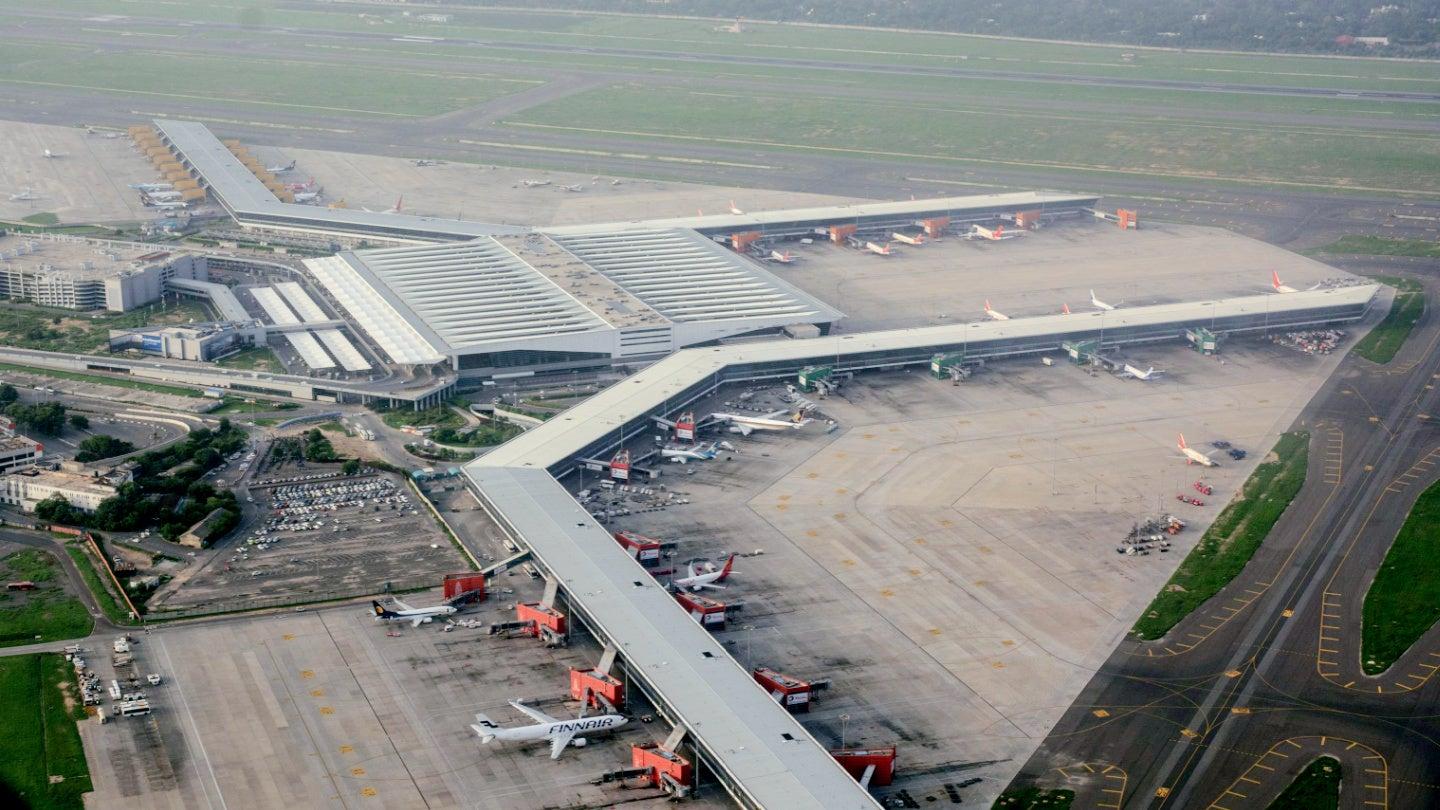
India Emerges as World’s Third-Largest Aviation Market, Supporting Over Seven Million Jobs
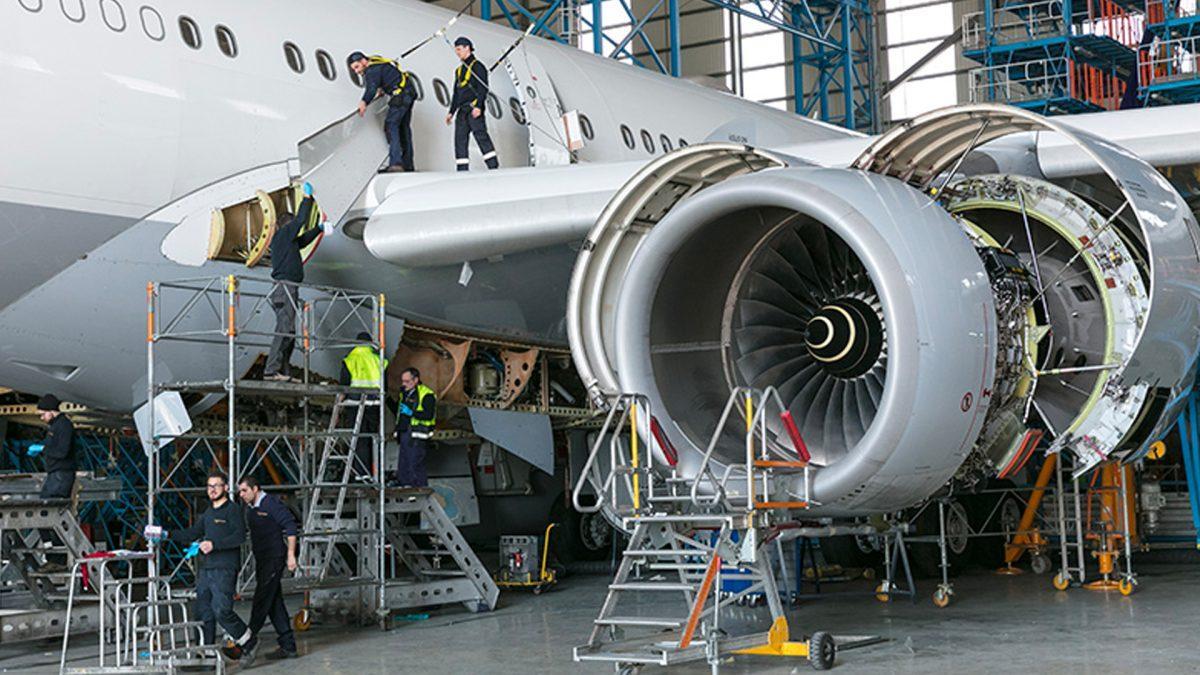
India Aims to Capture $4 Billion Share of Global MRO Market by 2031
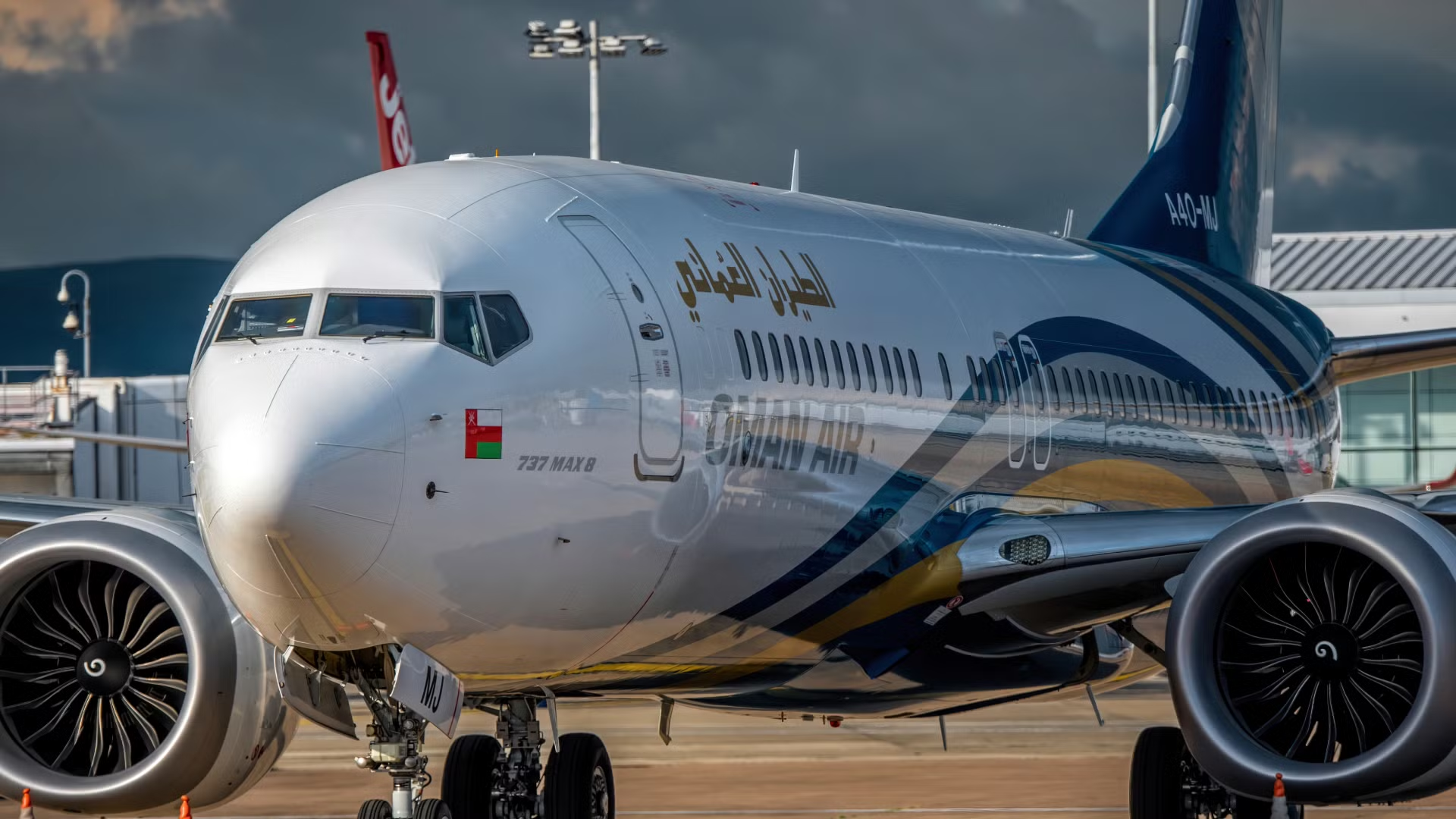
Challenges Boeing Faced After Designing the 737 MAX for Larger Engines
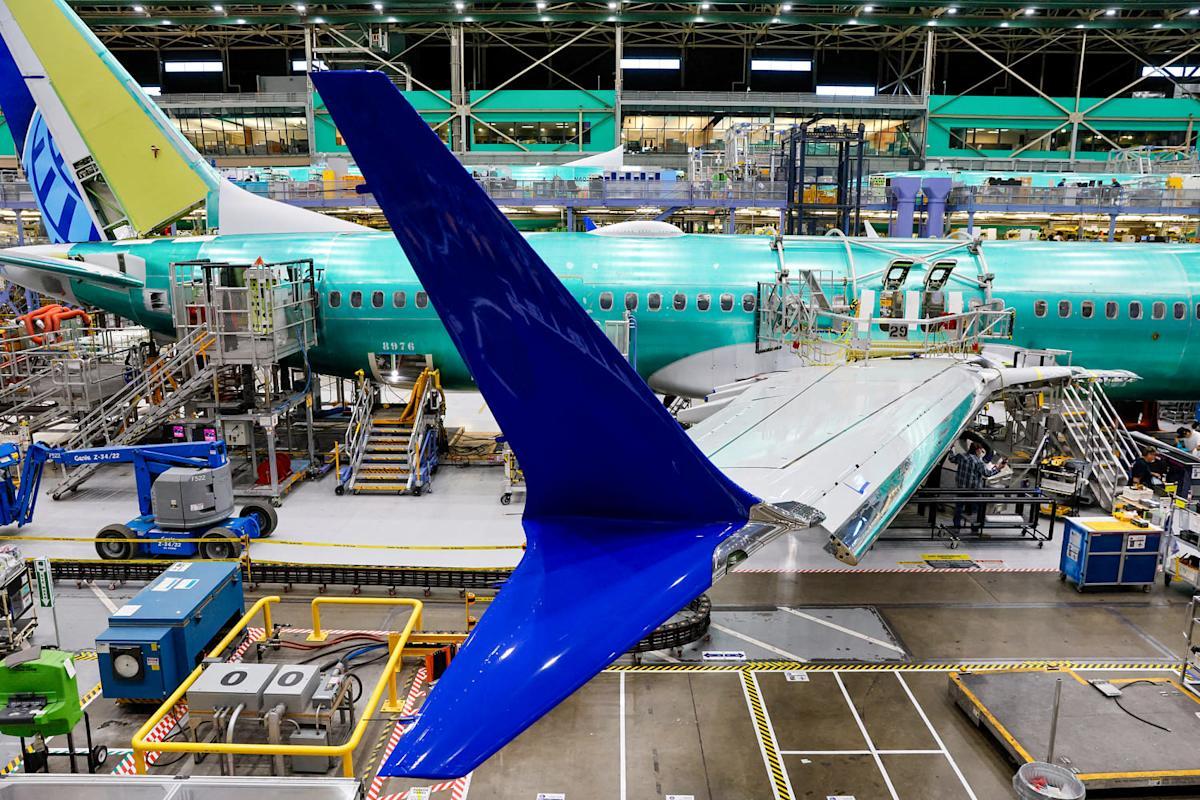
Boeing resumes 737 MAX deliveries to China as trade tensions ease
